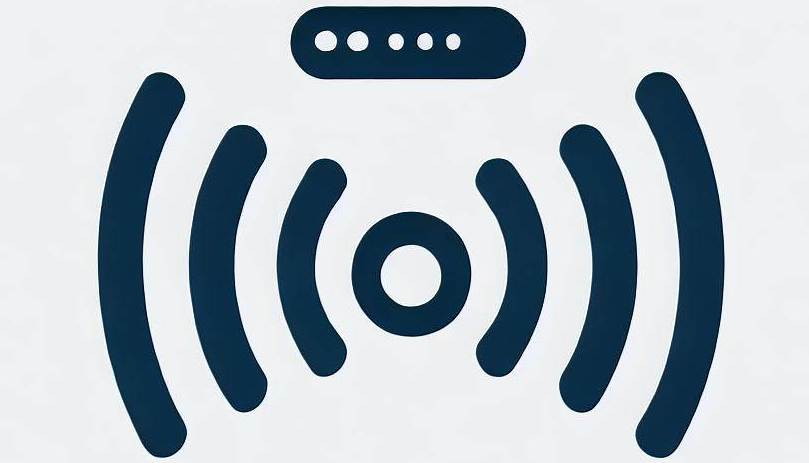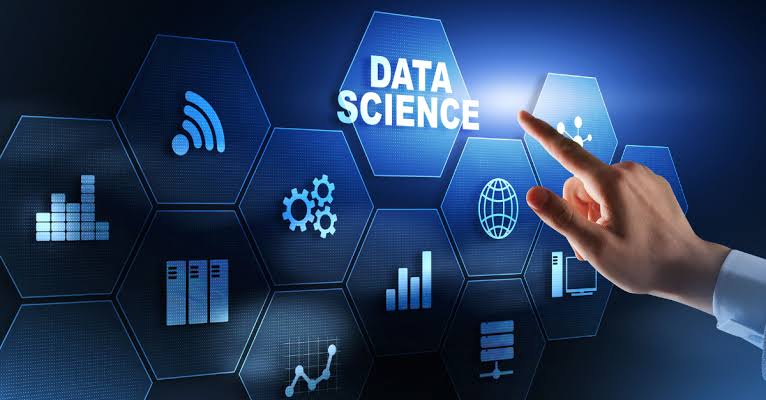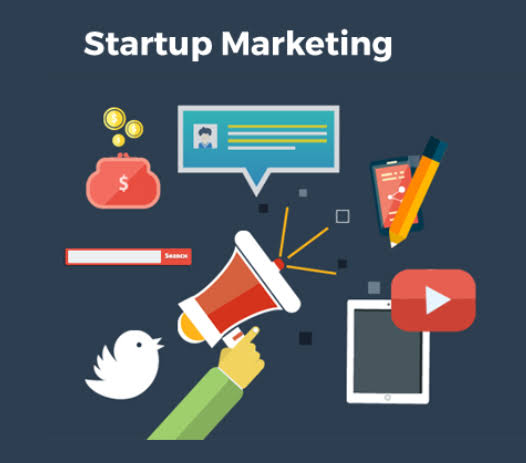The impacts of technology on millennials and Gen-Z

- Impacts on Gen-Z
- Impacts on Millennials
- Differences between Gen-Z and millennials technology
- How Gen-Z is shaping the future of technology
Technology has had profound impacts on both millennials and Generation Z (Gen Z), influencing various aspects of their lives. While there are shared experiences, each generation has navigated technological advancements during different life stages. Technology has profoundly influenced Gen Z, those born roughly between the mid-1990s and early 2010s. Millennials, born roughly between the early 1980s and mid-1990s, have experienced significant changes in their lives due to the rapid advancements in technology.
Impacts on Gen-Z
Here are several ways in which technology has impacted this generation:
- Digital Natives:
- Gen Z is often referred to as digital natives, having grown up in a world where technology is seamlessly integrated into daily life. They are comfortable and fluent in using digital devices and platforms.
- Social Media Dominance:
- The rise of social media platforms like Instagram, Snapchat, and TikTok has shaped Gen Z’s social interactions and communication styles. These platforms play a significant role in self-expression, socialization, and shaping identity.
- Information Accessibility:
- Technology has democratized access to information. Gen Z has unparalleled access to a wealth of information, allowing them to be more informed and conscious consumers of news, culture, and global affairs.
- Entrepreneurial Spirit:
- The digital landscape has empowered Gen Z with tools to become entrepreneurs at an early age. Platforms like Etsy, YouTube, and others enable them to showcase their talents, creativity, and even generate income.
- Remote Learning and Work:
- Gen Z has experienced a shift in education and work dynamics due to technology. The rise of online learning, remote work, and digital collaboration tools has become more prevalent, influencing their approach to education and the workplace.
- Activism and Awareness:
- Technology has played a crucial role in fostering social activism and awareness among Gen Z. Social media platforms provide a space for them to amplify their voices on issues such as climate change, social justice, and equality.
- Mental Health Challenges:
- While technology has connected Gen Z globally, it has also been linked to mental health challenges. Constant connectivity, social media pressures, and the influence of online culture have contributed to issues like anxiety and depression.
- Short-form Content Consumption:
- Platforms like YouTube, Vine (now TikTok), and Instagram have popularized short-form content. Gen Z tends to prefer concise and visually engaging content, impacting the way information is consumed and shared.
- Customization and Personalization:
- Technology has allowed Gen Z to curate and personalize their experiences, from creating playlists to customizing social media feeds. This desire for tailored experiences extends to products and services.
- Global Connectivity:
- Gen Z is globally connected, engaging with peers and influencers from different parts of the world. This interconnectedness has shaped their worldview, fostering a more global perspective compared to previous generations.
Technology has been a defining force for Gen Z, influencing their communication, learning, work, activism, and overall worldview. As this generation continues to shape the future, technology will likely remain a central element in their lives.
Impacts on Millennials
Here are some key ways technology has impacted the millennial generation:
- Internet Pioneers:
- Millennials came of age during the widespread adoption of the internet. They were the first generation to witness and actively participate in the growth of the World Wide Web, changing the way information is accessed and shared.
- Social Media Revolution:
- Millennials witnessed the rise of social media platforms such as Facebook, Twitter, and LinkedIn. These platforms have profoundly influenced the way they connect, communicate, and share experiences with friends and family.
- Mobile Technology:
- The advent of smartphones revolutionized communication and information access. Millennials were among the first to embrace mobile technology, changing the way they consume news, entertainment, and stay connected on the go.
- Digital Communication:
- Millennials were at the forefront of the shift from traditional communication methods to digital ones. Email, instant messaging, and video calls became integral to both personal and professional communication.
- Economic Impact:
- Millennials experienced the economic impact of technological advancements, including the dot-com boom and subsequent bust. They navigated the challenges of the 2008 financial crisis, influencing their career choices, financial habits, and views on job security.
- Changing Work Environments:
- Millennials entered the workforce during the transition from traditional office setups to more flexible and remote work environments. Technology, including collaboration tools and cloud computing, has shaped their professional experiences.
- Online Shopping and E-commerce:
- Millennials embraced online shopping and e-commerce platforms. The convenience of making purchases with a click has transformed their consumer behavior and contributed to the growth of digital marketplaces.
- Digital Entertainment:
- The shift from traditional media to digital entertainment platforms significantly impacted millennials. Streaming services, online gaming, and digital content creation have become dominant forms of entertainment for this generation.
- Education Technology:
- Millennials witnessed the integration of technology in education, from computer labs to online courses. E-learning platforms and educational apps have transformed the way they acquire knowledge and skills.
- Global Connectivity:
- Technology has facilitated global connectivity for millennials. Social media and online platforms allow them to connect with people from around the world, fostering a sense of global community and awareness.
- Social and Political Activism:
- Millennials have used technology to amplify their voices in social and political activism. Social media campaigns, online petitions, and digital advocacy have been instrumental in raising awareness and mobilizing this generation for various causes.
Differences between Gen-Z and millennials technology
While both Generation Z and millennials share a familiarity with technology, there are nuanced differences in their technological experiences due to the timing of their formative years. Here are some key distinctions between the two generations regarding technology:
- Digital Natives vs. Early Adopters:
- Gen Z is often considered true digital natives, having grown up with smartphones, social media, and other advanced technologies from an early age. Millennials, on the other hand, experienced the transition from analog to digital but embraced technology as early adopters during their adolescence and early adulthood.
- Social Media Preferences:
- Millennials were pioneers in the social media landscape, witnessing the rise of platforms like Facebook and Twitter. Gen Z, however, gravitates toward newer platforms such as Instagram, Snapchat, and TikTok, emphasizing more visual and ephemeral content.
- Communication Styles:
- Millennials commonly adopted email and instant messaging during their early years in the workforce. Gen Z, with a preference for quick and visual communication, often relies on messaging apps and platforms that support multimedia content.
- Mobile Technology Integration:
- Millennials experienced the rise of mobile technology but were initially accustomed to using desktop computers. Gen Z, in contrast, has been fully immersed in mobile-centric lifestyles, relying heavily on smartphones for communication, information, and entertainment.
- E-commerce Adoption:
- Millennials witnessed the growth of e-commerce, but Gen Z has embraced it more comprehensively. Gen Z tends to favor online shopping, mobile payment methods, and digital-first retail experiences.
- Content Consumption Habits:
- Millennials were early consumers of digital content, transitioning from traditional media to streaming services. Gen Z, however, is characterized by shorter attention spans and a preference for bite-sized, visually engaging content on platforms like TikTok and YouTube.
- Educational Technology Integration:
- Both generations experienced the integration of technology in education, but Gen Z has had more exposure to online learning platforms, digital textbooks, and interactive educational apps as these tools became more prevalent.
- Online Presence and Personal Branding:
- Millennials were among the first to navigate the complexities of managing an online presence, particularly on social media. Gen Z, growing up in the era of personal branding and influencers, is often more intentional about curating their digital identities.
- Digital Activism and Social Causes:
- While both generations engage in digital activism, Gen Z is notable for its widespread use of social media platforms to advocate for social and environmental causes, leveraging hashtags, online petitions, and digital campaigns more extensively.
- Workplace Expectations:
- Millennials introduced concepts like remote work and flexible schedules. Gen Z, having witnessed these trends, places a high value on workplace flexibility and seeks tech-savvy environments that support collaborative digital tools.
How Gen-Z is shaping the future of technology
Gen Z, is playing a significant role in shaping the future of technology. Their unique perspectives, preferences, and experiences are influencing various aspects of the tech landscape. Here’s how Gen Z is contributing to the future of technology:
- Digital Natives Driving Innovation:
- Gen Z, having grown up as true digital natives, is driving innovation by bringing fresh ideas and perspectives to the tech industry. Their comfort and fluency with digital technologies position them to lead the way in shaping the next wave of innovations.
- Preference for Visual and Interactive Content:
- Gen Z’s preference for visual and interactive content is influencing the design and functionality of digital platforms. This has led to the rise of short-form videos, visually appealing interfaces, and interactive features on various apps and websites.
- Social Media Influence on Communication:
- The way Gen Z communicates, primarily through visual and concise messaging on platforms like TikTok and Snapchat, is reshaping digital communication tools. This influence can be seen in the integration of more visual elements in messaging apps and the rise of ephemeral content.
- Emphasis on Privacy and Security:
- Gen Z, having witnessed data breaches and privacy concerns, is more conscious of online security. This awareness is influencing the development of technologies that prioritize user privacy, data protection, and secure online experiences.
- Tech-Integrated Education:
- Gen Z’s experience with technology in education is shaping the future of learning. The demand for online courses, digital collaboration tools, and interactive educational content is driving the development of innovative edtech solutions.
- Entrepreneurial Ventures:
- Gen Z’s entrepreneurial spirit is evident in the rise of young tech entrepreneurs and content creators. Platforms like YouTube, Instagram, and TikTok provide Gen Z with opportunities to showcase their talents, start businesses, and shape the digital economy.
- Influence on Retail and E-commerce:
- Gen Z’s preference for online shopping and digital-first retail experiences is reshaping the retail landscape. Brands are adapting by enhancing their online presence, optimizing e-commerce platforms, and incorporating innovative technologies such as augmented reality (AR) for virtual try-ons.
- Advocacy for Social and Environmental Causes:
- Gen Z’s strong commitment to social and environmental causes is influencing the tech industry’s approach to corporate social responsibility. Tech companies are increasingly expected to align with sustainable practices and social impact initiatives.
- Tech-Savvy Workforce:
- As Gen Z enters the workforce, their tech-savviness is influencing workplace dynamics. Companies are adapting by adopting collaboration tools, offering flexible work arrangements, and creating tech-friendly environments to attract and retain Gen Z talent.
- AI and Automation Integration:
- Gen Z’s familiarity with artificial intelligence (AI) and automation is contributing to the integration of these technologies into various aspects of daily life. From AI-driven personalization in apps to smart home devices, Gen Z is shaping a world where AI is seamlessly integrated into daily routines.
In summary, technology has significantly shaped the experiences and behaviors of both millennials and Generation Z. Millennials laid the groundwork for the digital age, while Gen Z, as true digital natives, is actively contributing to the ongoing evolution of technology and its societal impacts.Technology has been a defining aspect of the millennial experience, influencing their communication, career paths, social interactions, and overall lifestyle. As a generation that witnessed the transformative impact of technology, millennials continue to adapt to and shape the evolving digital landscape.













